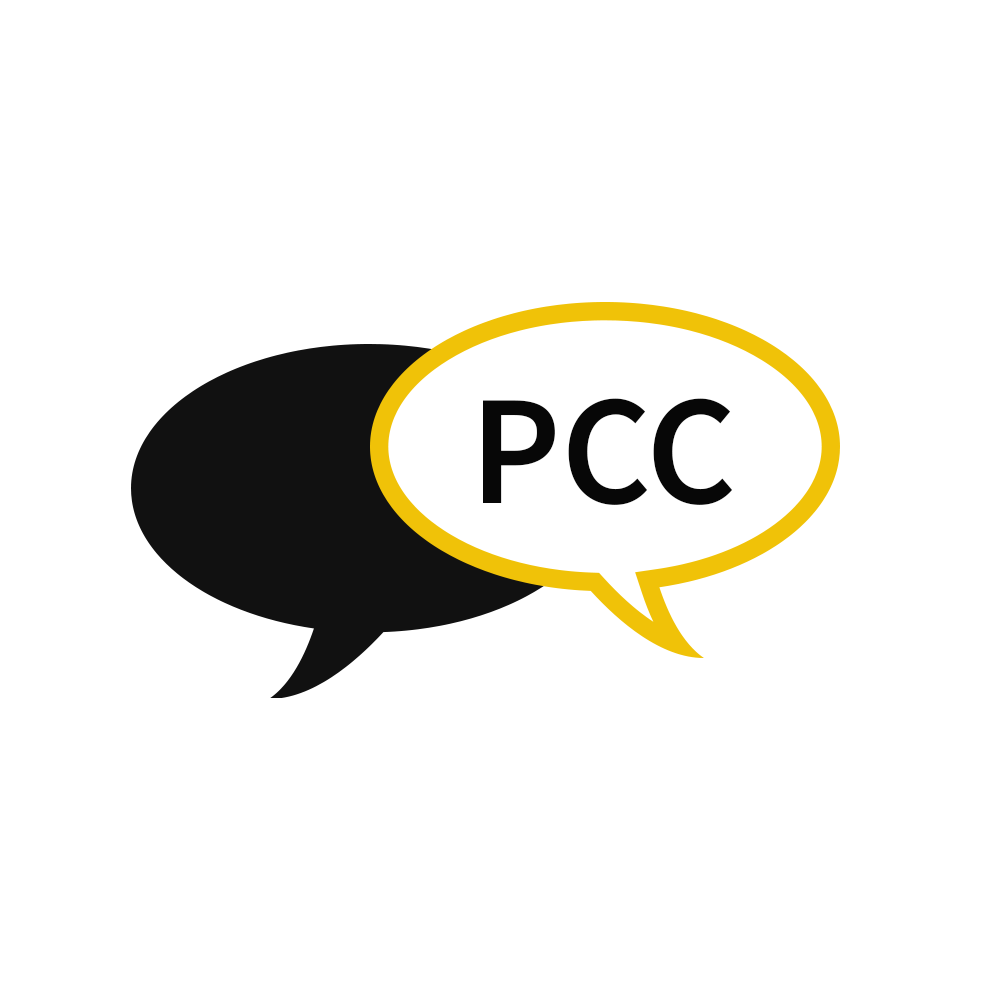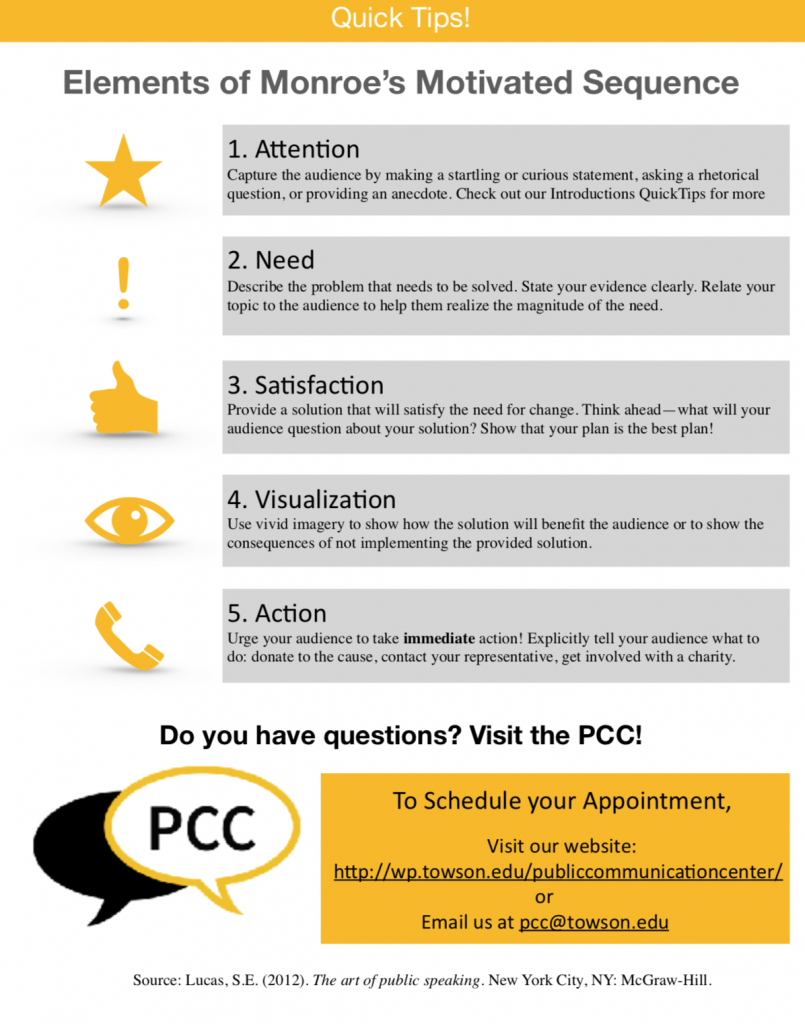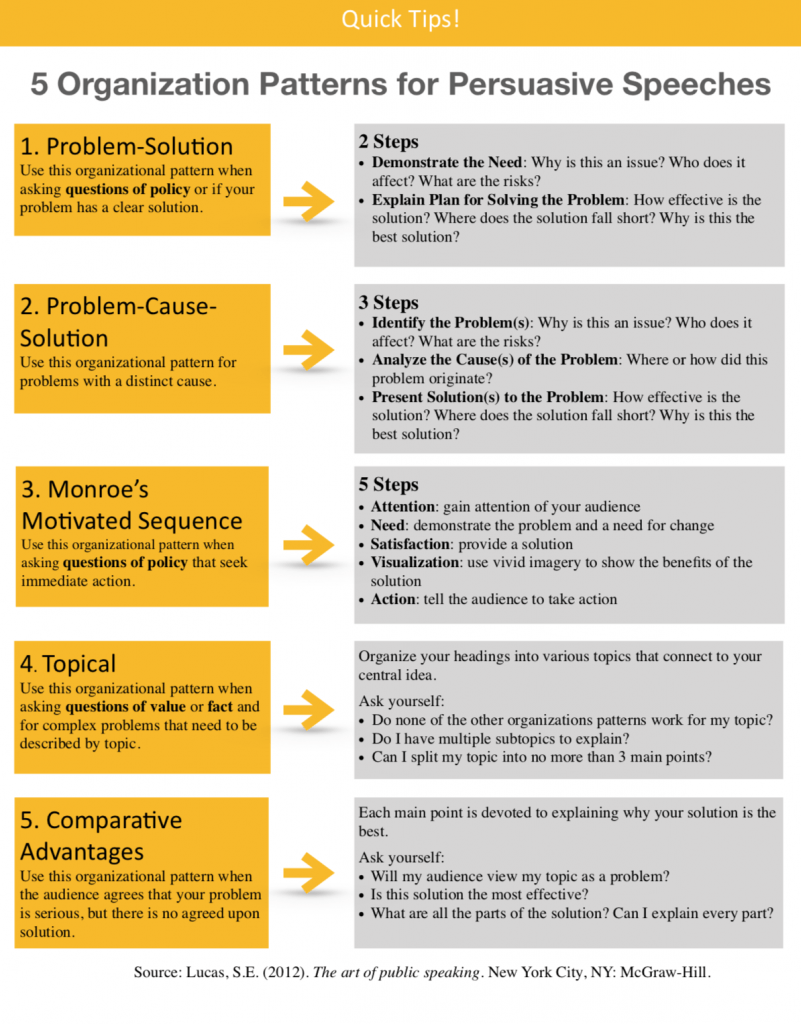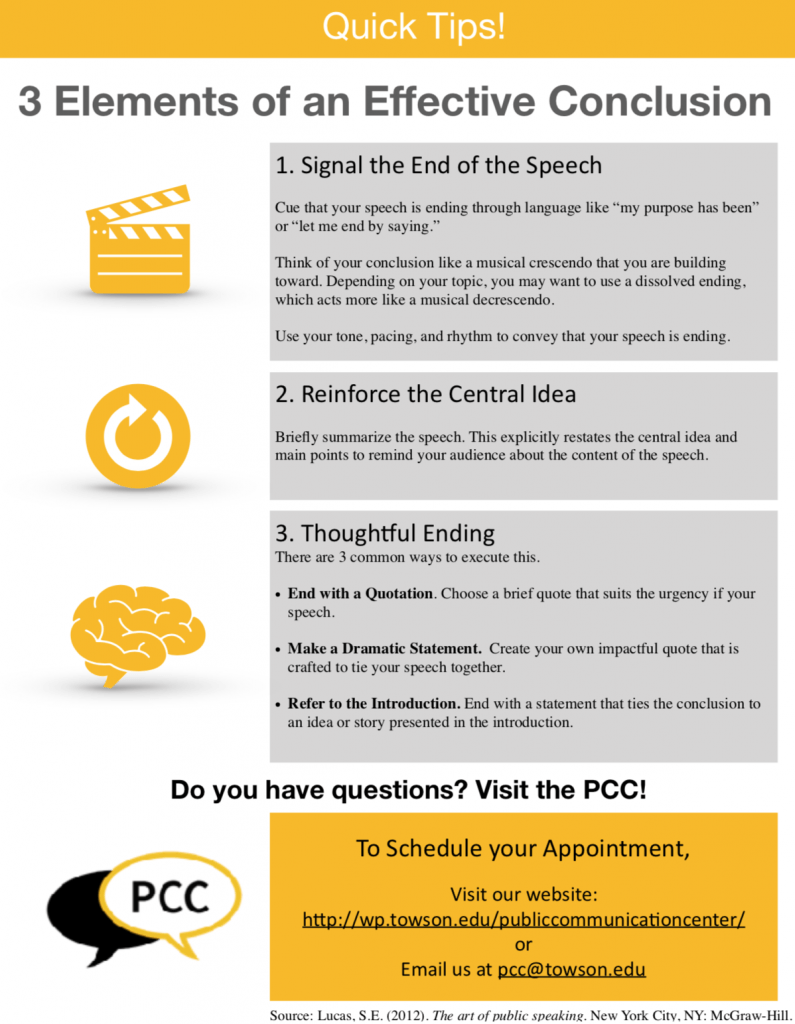Off The Wall Public Speaking Tips
“Preparing for a speech is one of the best ways to ensure you give an effective presentation.”
This statement is generally one of the biggest tips that is given in any classroom, website, or by a professional speaker. There are a large quantity of these basic tips out there so I thought I would give a few that are often overlooked and, in some cases, not even thought of.
1. Practice with distraction
We hear time and again that practice makes perfect, and in most cases this is true. Most of us, when practicing a speech, will do so in a quiet setting where we can concentrate on it until we have everything committed to memory. As we all know, inevitably while giving this speech (the one we have rehearsed in a nice peaceful setting), crashes, bangs, coughs, sneezes, and other distractions will occur, interrupting our tempo. Once you know the content and are comfortable with it, add a little distraction to test how well you are prepared. Turn on a television or rehearse with the radio on, anything that adds a little more challenge.
2. Exercise before you give your speech
Stress and anxiety can often lead to disaster while presenting your speech. If you google stress relief tips before a speech, you will get bombarded with hundreds of sites offering all kinds of different techniques on how to reduce these feelings, but honestly, it is almost impossible to feel stress and anxiety after a good workout. If you have time, do some exercises, especially the closer you get to speech day. You may also find that exercise time is also a good time to practice.
3. Ask for feedback
Yes, this one may be a bit traditional, but it does deserve to be repeated. If we are to improve anything we do in life we must seek that much hated constructive criticism. Public speaking is a skill that we can always improve on, and not just those who are new to giving speeches, even the professionals turn to others for critiques of their presentations. When you have completed a speech, ask those around you to give honest opinions of how your presentation went, and do not fear the criticism, it will only make you a stronger speaker.
4. Focus more on the voice instead of the message
The mistake that many public speakers make is that they tend to focus more on crafting the right message, creating “new” or “fresh” content to present to the audience. Problem is that this “new”, “fresh” content is anything but, the fact is that there is very little new advice that one person can give another. Generally speaking, the message has already been out there, how we personalize the message is what will make it resonate with the audience. This is the time to focus on you, what makes you unique, share experiences and use that insight to let the message come to life. Remember it’s not what we say, but how we say it.
5. Look at it from the Audience’s perspective
Tip #4 says to focus on you, relaying insight to the message, not to make the speech about you. Good public speakers do not ask themselves “how does this make ME sound” or “how will this make ME look” but instead try to place themselves in the mind of the audience, to those they will be speaking to. When preparing a speech think about the people you will be addressing, determine what it is they might want to hear. Using this approach will not only make your speech more relevant to them but will also give you a feeling of confidence that you are presenting a message the audience wants to hear.
I hope these tips help you in your preparations for any public speaking assignment you have and look for more tips coming in the near future.







